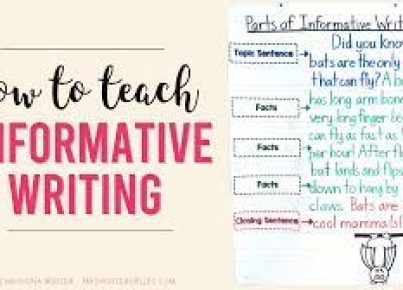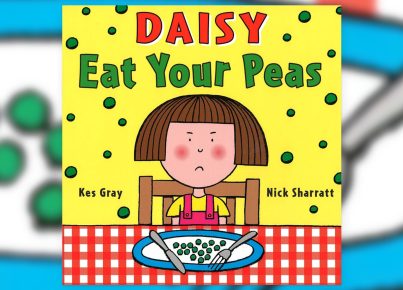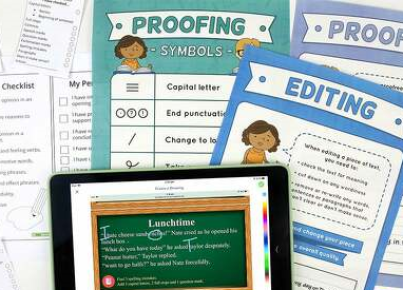Free writing can be a powerful tool for both educators and students alike. It allows students to explore their thoughts and ideas without the constraints of formal writing standards, thus fostering creativity, self-expression, and critical thinking skills. Here are four ways to incorporate free writing into your curriculum:
1. Warm-Up Exercise:
Using free writing as a warm-up exercise is an excellent way to start the class, especially if the topic is related to literature or creative writing. Give students a prompt or topic, and then allocate 10-15 minutes for them to write continuously without worrying about grammar or spelling mistakes. This process allows their thoughts to flow freely, increasing focus and engagement.
2. Daily Journaling:
Encourage your students to maintain a daily journal where they can freely express their reflections on academic experiences, personal interests, or social issues. Journaling promotes introspection and offers a safe space for students to practice their language skills without fear of judgment. As an educator, you have the option of collecting these journals once a week or month for feedback and encouragement.
3. Peer Group Writing Sessions:
Organize group writing sessions during which students can brainstorm in small groups on a common theme or topic. Free writing can be an essential part of this process as it promotes collaboration and respect for diverse perspectives. Once each group member has spent time free-writing individually, they will bring their ideas back to the group for discussion and consolidation.
4. In-Class Writing Workshops:
Periodically schedule in-class writing workshops in which students can work on their assignments or projects while receiving immediate assistance from their peers and instructor. These workshops provide opportunities for collaborative learning, as students can share concerns or ask questions with both their classmates and teacher at hand. Encourage students to use free writing techniques throughout the workshop to overcome writer’s block and refine their creative ideas.
In conclusion, incorporating free-writing into your curriculum can significantly enhance your students’ learning experience by promoting creativity, self-expression, collaboration, and critical thinking. By providing diverse opportunities for free writing, you will foster an environment that encourages authentic communication, personal growth, and academic success.





